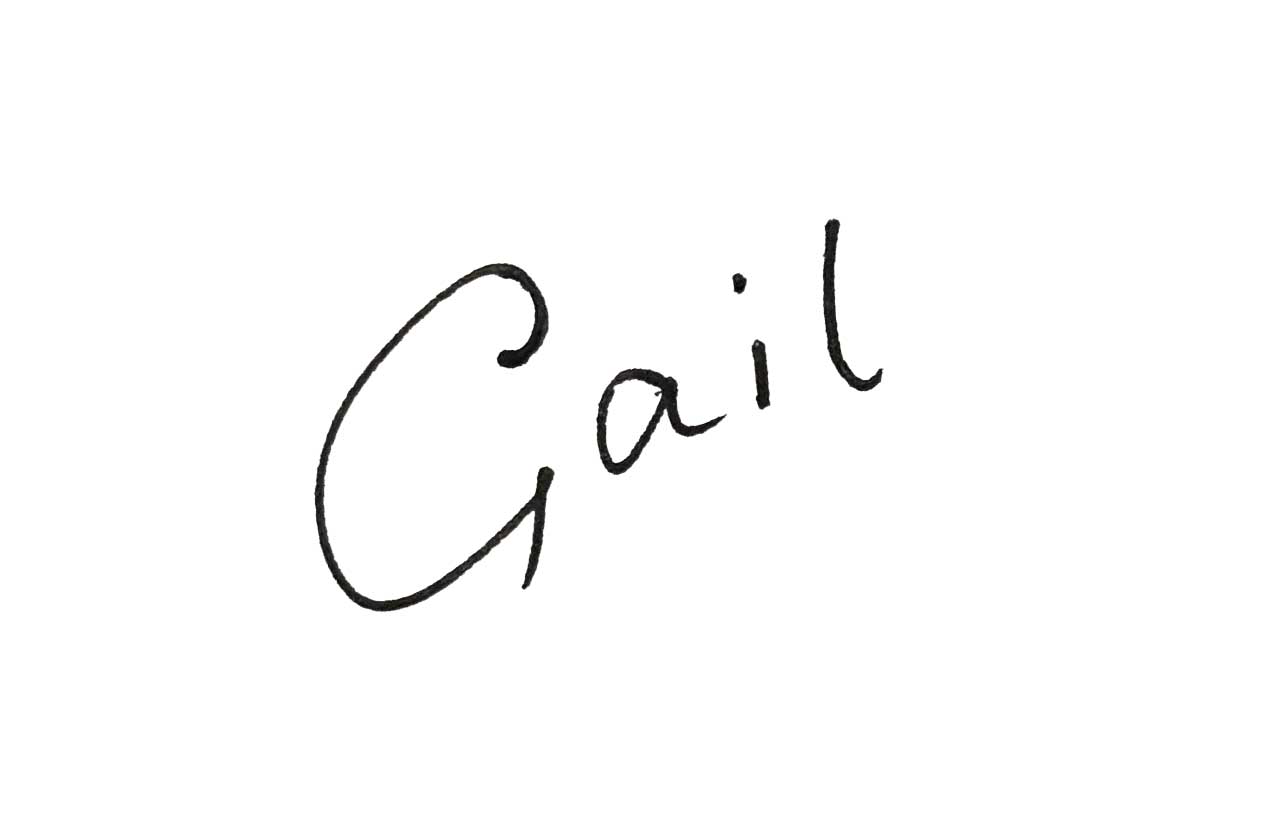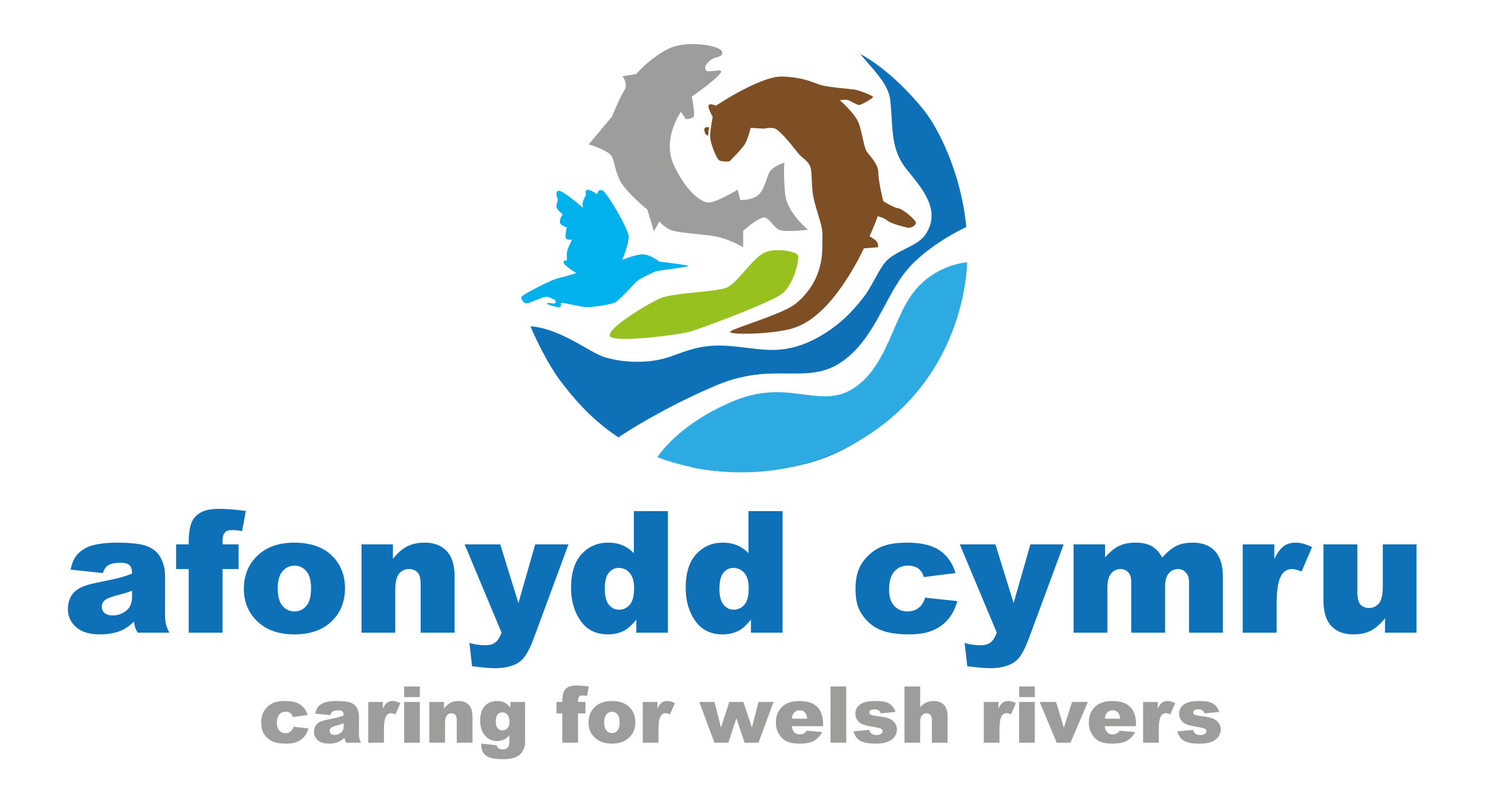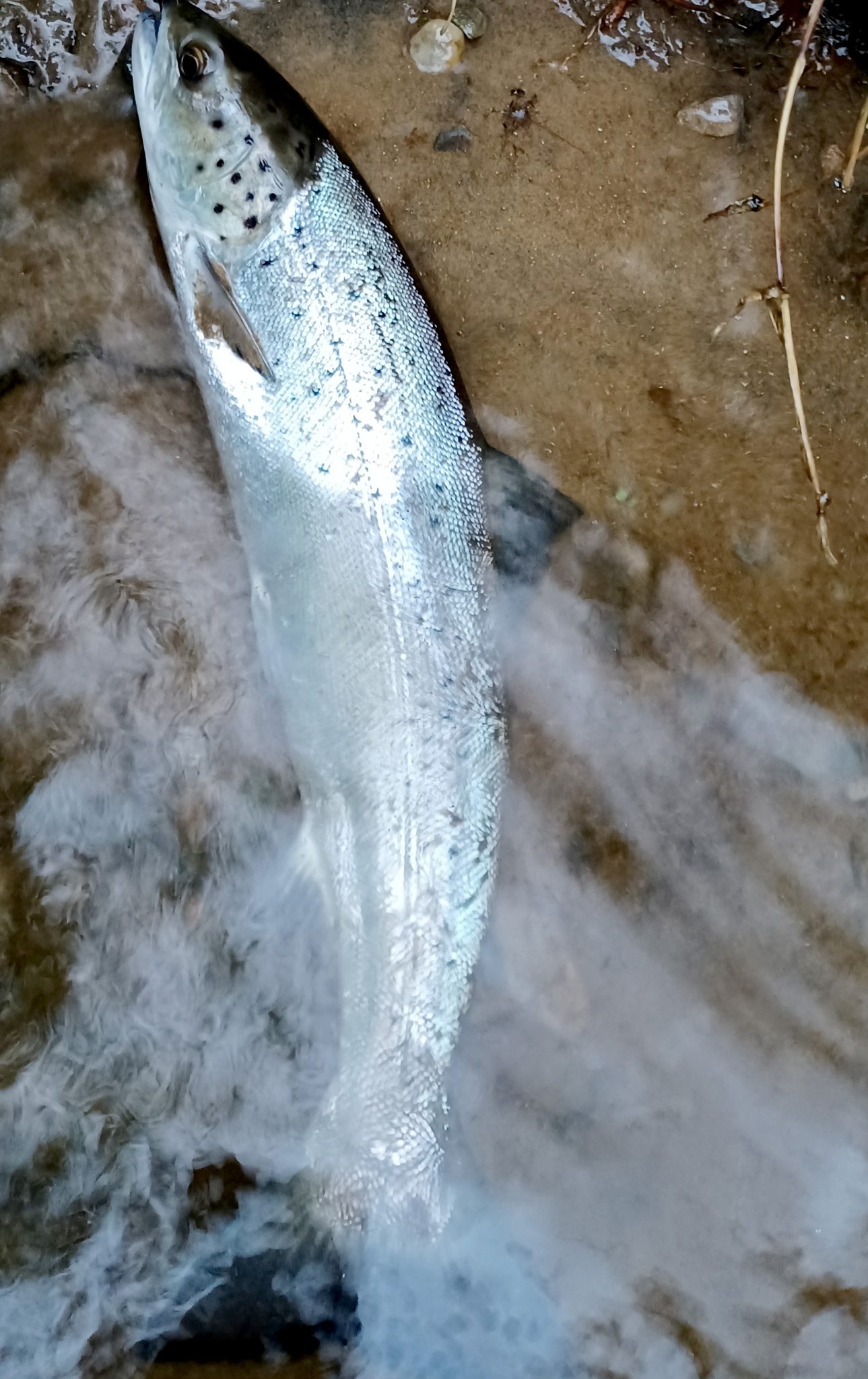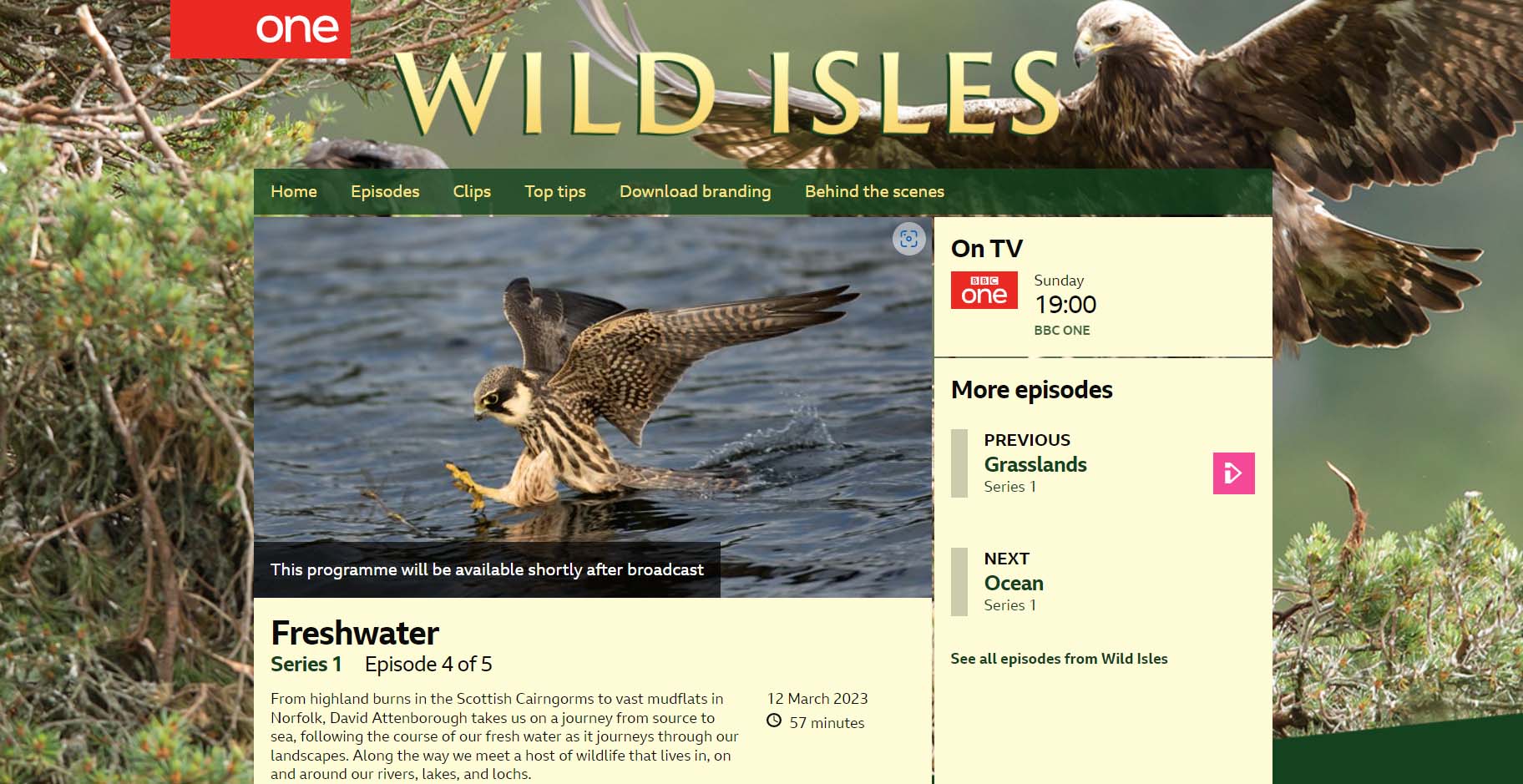Sewin (sea trout), along with Atlantic salmon are at risk of extinction in every river in Wales unless radical change in how we manage rivers happens fast.
Would Welsh rivers have been better served by a Soils Directive, rather than a Water Framework Directive?
Sunday 2nd April, 2023
As I settled down last weekend to watch the third installment of David Attenborough’s phenomenal Wild Isles series (and looked forward to the next episode on freshwater), I couldn’t help but reflect on Natural Resources Wales’s recently published report. This, sadly, predicts that salmon and sewin face extinction in many Welsh rivers within my lifetime.
It has become obvious that our rivers can no longer support these iconic species if things stay the same. The issues they face are truly overwhelming. Across Wales sewage spills, anaerobic digester failures, slurry spills, floods, droughts, over-abstraction, metals, chemicals and pharmaceuticals are all contributing to the decline. Considering sea survival rates for salmon are around a fifth of what they used to be 50 years ago, our rivers must support more fish, not less.
If these species are to stand any chance of recovery, an original and radical approach will be needed. It isn’t enough to maintain the current status quo. It isn’t going to be enough to deliver just a little bit more. So, what could such a new approach look like and what needs to change?
Considering the number of salmon that return from the sea is around a fifth of what it used to be 50 years ago, our rivers must support more fish, not less.
For a start, not only does European environmental law need to be established in devolved primary legislation in Wales, it needs to be enforced, as does our own legislation. Without effective regulation and enforcement, world class legislation becomes third rate. Salmon, sewin and other fish species desperately need our regulators not to afford any polluting sector a light touch approach. All polluters must be brought to book, something that is not currently happening in Wales.
The management of rivers needs to change too. This should happen on a catchment basis, from the headwaters to the estuary and not by political and administrative area. We need an immediate end to the mistakes that are being made through planning, permitting and development due to human-imposed boundaries.
Considering the sources of many of the problems for Welsh rivers, there is an argument that they would have been better served by a European soils directive, in conjunction or even instead of the Water Framework Directive. Proposals for such a directive were abandoned in 2016, with the UK being one of the countries to block it. We now need Welsh legislators to reconsider such legislation with, for example, the mandatory under-sowing of crops such as maize.
The drastic changes that are required will undoubtedly come up against opposition from those who benefit from maintaining the current situation.
There is much more that could be done in and around the rivers too. Buffers on every river in Wales for example, all abstractions and discharges to be permitted (no exemptions) and independent environmental regulation of forestry. We need to urgently rethink whether coniferous plantations are the right answer to Wales’s net zero carbon strategy.
The list of measures is long, incomplete and not specific to salmon and sewin. There will undoubtedly be opposition from those who benefit from maintaining the current situation. But there is such a cross-over with everything Wales needs to do to attain climate change and biodiversity commitments, it surely makes sense for Welsh Government and Natural Resources Wales to be bold and to push through such significant changes?
If they don’t, it is likely the dire predictions made in this latest report for salmon and sewin will play out sooner rather than later in Wales.
Diolch yn fawr

More Information:
Natural Resources Wales Report – “The identification and characterisation of small salmon populations to support their conservation and management.” Published March 2023.



